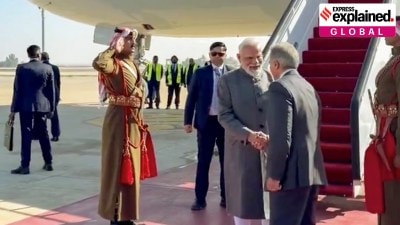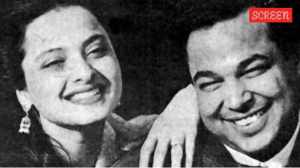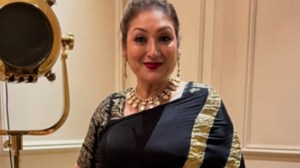A meeting called by the Central Government’s top policy think tank this month seems to have forced a rethink on AICTE’s decision to give engineering colleges the flexibility to admit students who did not opt for mathematics and physics in their Class 12 and offer them remedial bridge courses to cope in class.

According to sources, there was a difference of opinion between Saraswat and Sahasrabudhe, with the former favouring a rollback. On the other hand, the AICTE chairman defended the changes on the ground that they are in line with the new National Education Policy’s multidisciplinary approach.
Read | Have cancelled Inter second year exam, will declare results by July 31: AP tells SC
ExplainedTweak will take time
The move to limit the flexibility offered to specific engineering courses could help in curbing the misuse of new criteria by colleges where a large number of seats are falling vacant every year. But the panel tasked with listing such courses is not expected to submit its report soon since it has to examine over 250 branches.
In March, AICTE had tweaked the entry-level qualification for undergraduate engineering programmes, making students who haven’t studied either physics or mathematics (or both) in Classes 11 and 12 eligible for admission.
Under the new norms, a candidate is expected to have scored at least 45 per cent in any three subjects out of a list of 14: physics, mathematics, chemistry, computer science, electronics, information technology, biology, informatics practices, biotechnology, technical vocational subject, engineering graphics, business studies, and entrepreneurship.
Earlier, an engineering aspirant should have cleared plus-two with physics and mathematics as compulsory subjects.
Story continues below this ad
Although AICTE is still firm on the new entry-level qualifications, it has agreed to define the engineering branches to which this flexibility will be limited. A committee headed by K K Aggarwal, chairman of the National Board of Accreditation, has been tasked by AICTE to list the branches for which studying physics and mathematics in plus-two will not be a prerequisite.
Earlier, when the decision was announced in March, the technical education regulator had left the decision to the universities and engineering institutes. A candidate who had, for instance, studied computer science, business studies, and entrepreneurship in high school, could have applied for B.Tech in computer science if the college decided to keep the entry qualification flexible.
It is not clear, though, whether the new entry qualification will be put on hold until the Aggarwal committee submits its report.
When contacted by The Indian Express, Sahasrabudhe said the matter is still under discussion and there will be more meetings. “All of us, the Aggarwal committee and even NITI Aayog, will sit together and hold more discussions. I can’t say anything more at this moment.” Saraswat said he did not wish to speak on the matter.
Story continues below this ad
The regulator’s new entry qualification had triggered a debate with experts cautioning against making physics and mathematics optional for engineering aspirants in plus-two.
Principal Scientific Advisor K VijayRaghavan had told The Indian Express in that “rigour and depth in mathematics and physics comes easier early on” and that it would be wiser to study these subjects in plus-two before seeking admission to BE and B.Tech programmes.
Saraswat, at that time, had called the decision “retrograde” and a “step in the wrong direction”. “An engineering programme spans four years. A student with a background in physics and mathematics will have to study the bridge course for at least two semesters. Such a student (needing remedial courses) will be completely at loss in (B.Tech) class. How can you expect a student to learn the letters of the alphabet and appreciate poetry at the same time?” he had said.

































